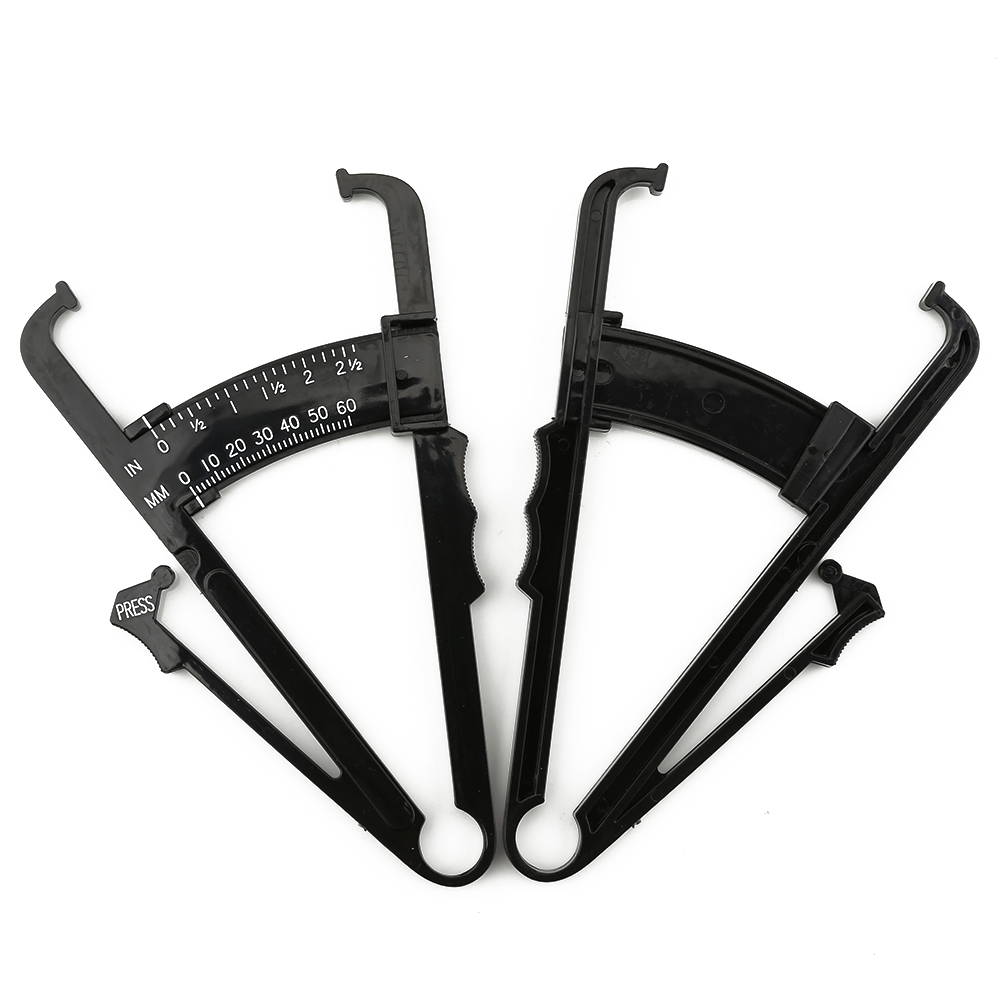In recent years, with the rapid development of the national economy, the door and window industry as an indispensable part of the home building materials industry has also been greatly developed. Nowadays, the consumer groups in the window and door market are increasingly diversified. What should companies do to occupy a place in the fiercely competitive market? Let’s listen to the opinions of the experts of Olia’s door industry. He has listed two major principles for the reference of door manufacturers.
Principle 1: The product should adapt to consumer demand With the improvement of living standards, consumers' consumption concepts are becoming more and more mature and rational. Individual consumption is increasingly evident. The initiative and selectivity of consumption are increasing day by day. Consumers will eventually become wooden doors. The "master" of the market. Under such conditions, only companies that want to think of "God" will not be eliminated by the market. It is foreseeable that whose products can meet the diversified and multi-layered real needs and potential needs of consumers, and whoever gets the valuable “vote†in the hands of consumers.
Companies must clearly identify the most profitable market segments and dig deeper and intensively. Behind any market demand is the hidden potential and potential for further subdivision. Enterprises are inaction in the face of established market demand. Olliya's experts in the industry suggest that the collection and analysis of market data by the wooden door companies is one of the tasks for the growth of the wooden door companies to adapt to market changes. Grasping the lifeline of the market, the greater the market's grasp, the greater the likelihood of success. There is no market demand or market demand can not be grasped, will make the decision-making and the market demand of the enterprise far worse, and ultimately away from the consumer market.
Principle 2: Observing the hidden costs of the industry After researching and discovering, the cost of an enterprise should be divided into two major parts: visible and invisible. In the production and operation process, it can be said that it is an explicit cost, which can be reflected in financial data, and cannot be reflected by financial data. It can be called an implicit cost. Hidden costs can also be called corporate environmental costs. For example: countries, industries, international markets, regions, corporate culture, etc. Changes in these factors will directly affect the cost of the company.
In the hidden cost of China's doors and windows enterprises, the national cost is the largest hidden cost of the company. For example: the country’s brand status, national political system, national policy, natural environment, diplomatic relations, natural disasters, social security, national beliefs, etc., all of which will directly and indirectly bring huge costs to the business and directly affect The company's competitiveness in the international market. Chinese companies are constantly being anti-dumped by some developed countries in the international market. The rich people in China are spending huge sums of money to migrate to developed countries. The Chinese are still one level lower than blacks in European and American countries, and so on. All this is from the country. The cost of brand status.
The cost of the industry is the second largest hidden cost of the company. For example: the industry's corruption, chaotic market order, lack of protection of technical property rights, lack of standards for production and sales, difficulties in judicial safeguards, lack of restrictions on talent vacancies, high financing thresholds for enterprises, lack of protection for leading enterprises, lack of support for technological innovation, and opaque industry information , lack of product quality supervision and so on. In short, the environment of the wooden door industry will directly affect the healthy development of each company, and it will directly affect the operating costs of each company. Dairy industry's "poison milk powder incident" and home improvement industry's "designer rebate wind" are all the best examples.
Regional costs are also called local costs. Regional costs are the third largest hidden cost of wooden doors. For example: regional natural environment, living environment, cultural environment, traffic environment, location environment, market trading environment, investment policy, social security, local culture, industrial supporting conditions, etc. These factors will directly and indirectly affect a company. The operating costs. This is why thousands of companies gathered in China's Pearl River Delta and the Yangtze River Delta. They are also ceramics companies in Shandong Zibo, Sichuan Jiajiang, Jinjiang, Fujian, Tangshan, Hebei, Gao'an, Jiangxi and other places. The reason why the brand can sell a good price.
Principle 1: The product should adapt to consumer demand With the improvement of living standards, consumers' consumption concepts are becoming more and more mature and rational. Individual consumption is increasingly evident. The initiative and selectivity of consumption are increasing day by day. Consumers will eventually become wooden doors. The "master" of the market. Under such conditions, only companies that want to think of "God" will not be eliminated by the market. It is foreseeable that whose products can meet the diversified and multi-layered real needs and potential needs of consumers, and whoever gets the valuable “vote†in the hands of consumers.
Companies must clearly identify the most profitable market segments and dig deeper and intensively. Behind any market demand is the hidden potential and potential for further subdivision. Enterprises are inaction in the face of established market demand. Olliya's experts in the industry suggest that the collection and analysis of market data by the wooden door companies is one of the tasks for the growth of the wooden door companies to adapt to market changes. Grasping the lifeline of the market, the greater the market's grasp, the greater the likelihood of success. There is no market demand or market demand can not be grasped, will make the decision-making and the market demand of the enterprise far worse, and ultimately away from the consumer market.
Principle 2: Observing the hidden costs of the industry After researching and discovering, the cost of an enterprise should be divided into two major parts: visible and invisible. In the production and operation process, it can be said that it is an explicit cost, which can be reflected in financial data, and cannot be reflected by financial data. It can be called an implicit cost. Hidden costs can also be called corporate environmental costs. For example: countries, industries, international markets, regions, corporate culture, etc. Changes in these factors will directly affect the cost of the company.
In the hidden cost of China's doors and windows enterprises, the national cost is the largest hidden cost of the company. For example: the country’s brand status, national political system, national policy, natural environment, diplomatic relations, natural disasters, social security, national beliefs, etc., all of which will directly and indirectly bring huge costs to the business and directly affect The company's competitiveness in the international market. Chinese companies are constantly being anti-dumped by some developed countries in the international market. The rich people in China are spending huge sums of money to migrate to developed countries. The Chinese are still one level lower than blacks in European and American countries, and so on. All this is from the country. The cost of brand status.
The cost of the industry is the second largest hidden cost of the company. For example: the industry's corruption, chaotic market order, lack of protection of technical property rights, lack of standards for production and sales, difficulties in judicial safeguards, lack of restrictions on talent vacancies, high financing thresholds for enterprises, lack of protection for leading enterprises, lack of support for technological innovation, and opaque industry information , lack of product quality supervision and so on. In short, the environment of the wooden door industry will directly affect the healthy development of each company, and it will directly affect the operating costs of each company. Dairy industry's "poison milk powder incident" and home improvement industry's "designer rebate wind" are all the best examples.
Regional costs are also called local costs. Regional costs are the third largest hidden cost of wooden doors. For example: regional natural environment, living environment, cultural environment, traffic environment, location environment, market trading environment, investment policy, social security, local culture, industrial supporting conditions, etc. These factors will directly and indirectly affect a company. The operating costs. This is why thousands of companies gathered in China's Pearl River Delta and the Yangtze River Delta. They are also ceramics companies in Shandong Zibo, Sichuan Jiajiang, Jinjiang, Fujian, Tangshan, Hebei, Gao'an, Jiangxi and other places. The reason why the brand can sell a good price.
Founded in 1998,China Wintape is a leading tape measure manufacturer in China.Custom tape measure printing with your own designs is our strength.
Wintape has provided precision measurements to customers all over the world. Our products including tailoring, medical and fitness industrials measuring and promotional needs with best quality at competitive prices.
We have supplied to many famous brands, such as,
Nestle, Mead Jonson, WFP, Giorgio Armani, CK, Victoria's Secret, Target
Ageloc, Philips, Yamaha, H&M, Samsung, Wyeth, Nike, Tommy Hilfiger












60 Inches Tailor Measuring Tape,16MM Width Body Measuring Tape,Fiberglass Measure Tape
Wintape Measuring Tape Company , https://www.wintapetapemeasure.com